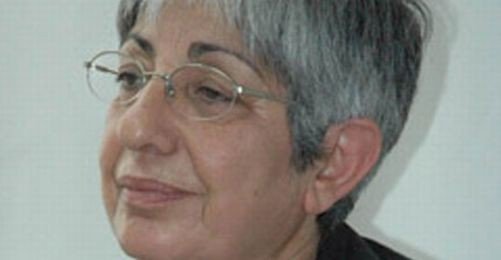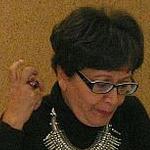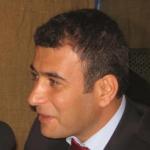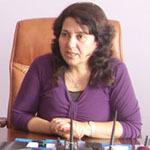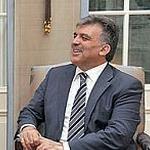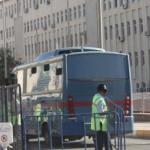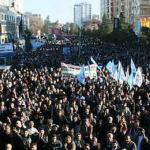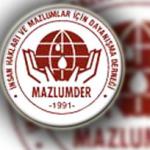KCK Trial still Jammed on Defence in Kurdish
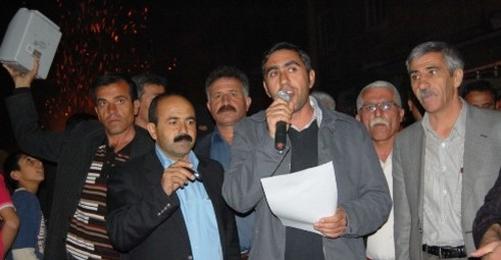
The main "KCK trial" heard in Diyarbakır in the Kurdish-majority region of south-eastern Turkey was postponed because the defence lawyers applied to the superior court for the right to a defence in their clients' mother tongue. A total of 152 defendants stand accused of their supposed affiliation to the Democratic Confederation of Kurdistan (KCK), the umbrella organization that includes the militant Kurdistan Workers Party (PKK).
The 6th High Criminal Court had dismissed an according request reasoning that the "defendants knew the Turkish language". Subsequently, the joint attorneys objected the dismissal at the 4th High Criminal Court upon a provision of the Treaty of Lausanne that grants the right to a defence in the mother tongue. The case can only proceed after the court will have given a decision.
152 Kurdish politicians, rights defenders and representatives of non-governmental organizations, 104 of whom are detained, are charged with various crimes such as "membership of the KCK/TM [Turkish Assembly] as the urban arm of the PKK". The first two weeks of the trial were spent on reading a summary of the lengthy indictment. The case has not reached the submission of the defence speeches yet. The hearings are expected to continue on a daily basis till 12 November.
Protests
At the same time, protest actions are being carried out after the court referred to Kurdish as an "unknown language" when the defendants insisted on presenting their defence speeches in their mother tongue.
In a meeting with the parties organizational managers last weekend, the Peace and Democracy Party (BDP) decided to "use the Kurdish language more often in political activities". Moreover, the Democratic Society Congress (DTK) as a structure that gets together Kurdish politicians on a broader scale will organize a mother tongue workshop.
As reported by the Fırat News Agency, the BDP Diyarbakır criticized the court decision in a protest action on Sunday (7 November). District mayor Mahmut Bükbayram was quoted as saying, "Three or five prosecutors and judges cannot decide on a language spoken by 40 million people. If they decide that way, this people will accept neither the decision nor the court".
Members and executives of the BDP Gaziantep Provincial Organization, the Human Rights Associaiton, the Socialist Party of the Oppressed, the Confederation of Trade Unions of Public Employees (KESK), the Pir Sultan Abdal Association and the Labour Party also protested the decision in a joint press release. They criticized that the Kurdish politicians and human rights advocators were obstructed from a defence in Kurdish and the court's attitude towards the Kurdish language.
BDP members in Bingöl organized a demonstration. The Bingöl Provincial Chair, Halis Yurtsever, announced, "The anti-democratic implementations in the KCK trial regarding a defence in the mother tongue in particular is a violation of all international agreements". Press releases were also issued in Diyarbakır, Cizre and Antalya. (EÜ/EÖ/VK)
SOCIAL GENDER EQUALITY
Women and Journalists Hand in Hand against Violence
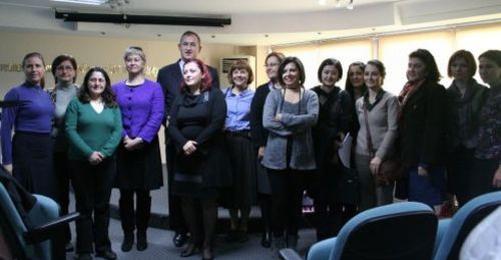
EUROPEAN COMMISSION AGAINST RACISM AND INTOLERANCE
Discrimination and Racism in Turkey Fuel Concern
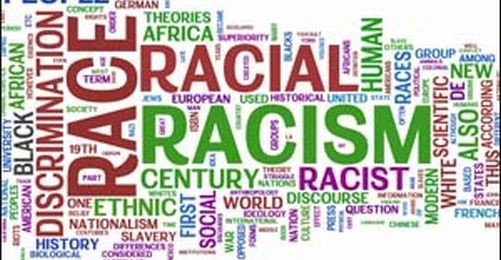
Unionists in Northern Cyprus Protest PM Erdoğan
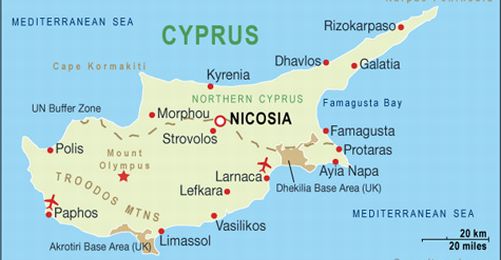
Policeman who Beat Juvenile Claimed Self-Protection
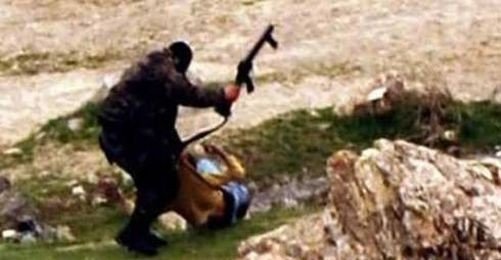
HRANT DINK MURDER
Court fully Protects Istanbul Police
